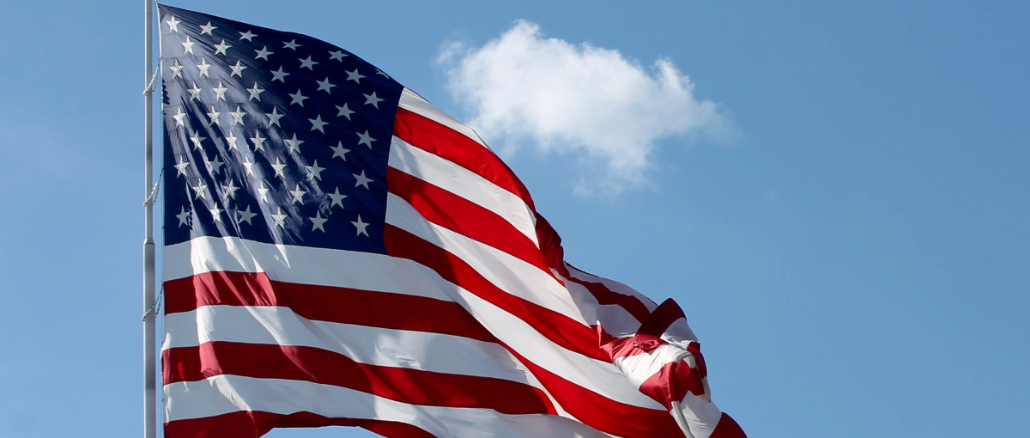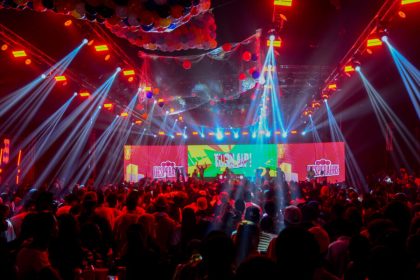The U.S. has announced a permanent ban for individuals caught engaging in visa fraud, including submitting forged documents.
This announcement was made by the U.S. Mission in Nigeria via their official X (formerly Twitter) account.
The declaration reflects the U.S. government’s commitment to combat immigration-related offenses.
The United States has announced that anyone caught engaging in visa fraud such as submitting forged documents will face a permanent ban from entering the country.
This declaration was made public on Monday through an official statement by the U.S. Mission in Nigeria on its verified X (formerly Twitter) account. The notice highlights the U.S. government’s renewed commitment to cracking down on immigration-related offenses and preserving the integrity of its visa system.
In its statement, the U.S. Mission said, “U.S. government interagency efforts combat fraud and will end illegal immigration. Those who commit visa fraud will be banned from the United States for life.”
This means individuals who submit falsified bank statements, altered academic credentials, fake invitation letters, or any other fraudulent documentation in their visa applications could face a lifelong travel ban to the United States.
Additional Measures and Enforcement
The U.S. government also warned that those involved in aiding or harboring undocumented immigrants will face criminal prosecution. The mission emphasized that border security remains a top priority, stating, “A nation without borders is not a nation.”
These actions form part of a broader interagency initiative designed to detect and deter immigration fraud while reinforcing national security protocols.
The message is clear: dishonest practices in visa applications won’t just result in denial—they could carry lifelong consequences.
Visa Policy Update for Nigerians
In line with its wider immigration strategy, the U.S. recently introduced stricter visa terms for Nigerian citizens. Starting from July 8, 2025, most Nigerian applicants for non-immigrant and non-diplomatic visas are now limited to single-entry visas valid for only three months.
This marks a major shift from previous policy, which offered extended validity and multiple entries for eligible travelers. The U.S. Mission clarified that visas issued before July 8 remain valid under their original conditions.
The new policy is expected to significantly affect Nigerians who travel frequently for tourism, education, or business purposes. It also reflects the U.S. government’s commitment to aligning global visa practices with strengthened border and immigration enforcement standards.












